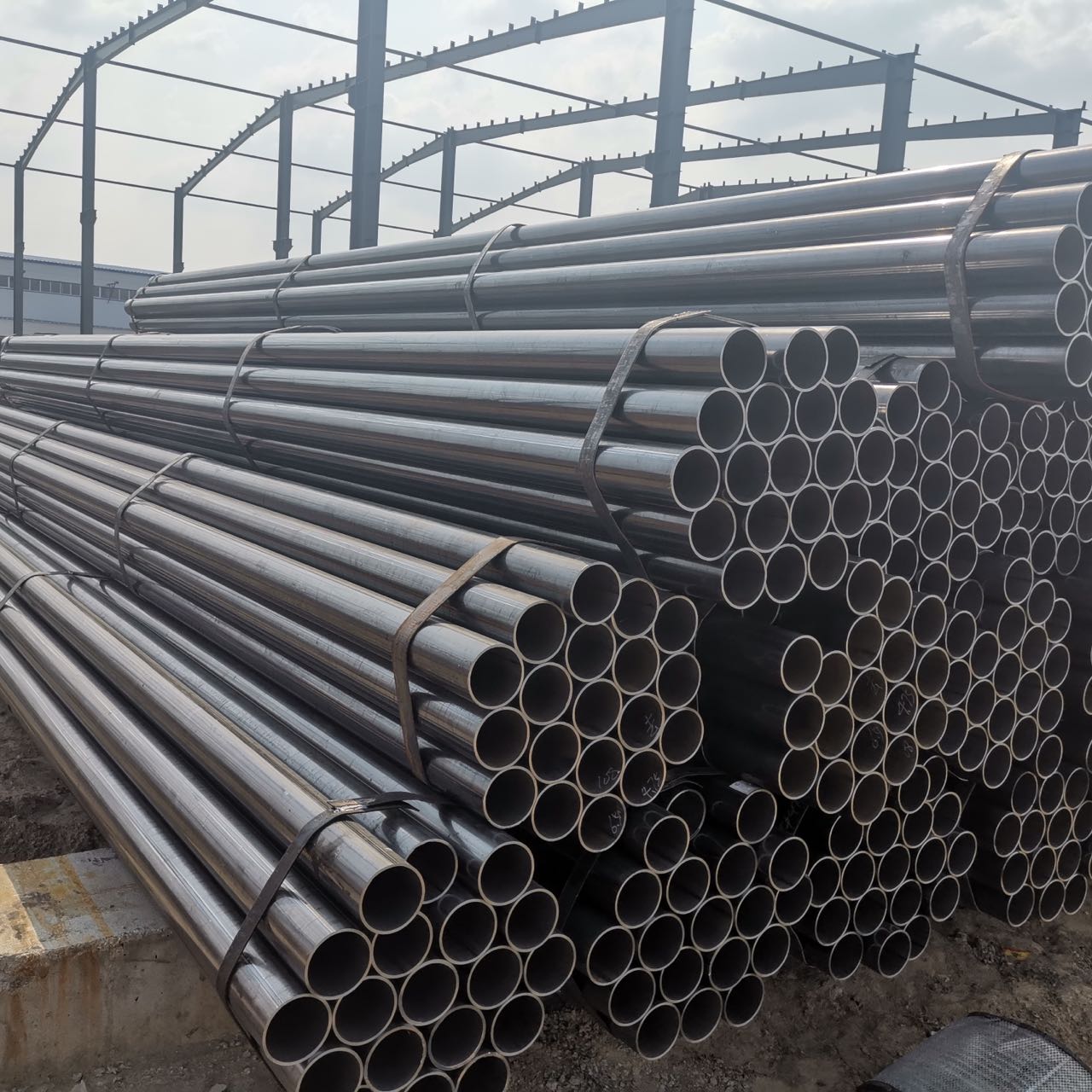Aug . 01, 2024 05:51 Back to list
Manufacturers of API 5L Steel Seamless Pipes for Various Industrial Applications and Standards
An Overview of API 5L Steel Seamless Pipe Factories
API 5L steel seamless pipes have become a cornerstone product for the oil and gas industry, as well as various other sectors requiring high-quality piping solutions. The API (American Petroleum Institute) 5L specification governs the manufacturing and quality standards for line pipes used in the transportation of oil, natural gas, and water. Understanding the operations of factories producing these pipes is crucial for stakeholders, from manufacturers to consumers.
Manufacturing Process
The manufacturing of API 5L steel seamless pipes is a complex process that requires precision engineering and adherence to stringent quality standards. The process begins with the selection of high-quality steel billets or round bars, which are crucial for ensuring the structural integrity of the final product. These billets are heated to high temperatures, making them malleable enough to be shaped into seamless pipes.
Once heated, the billets are pierced and elongated using specialized equipment known as a piercing mill. This initial step forms the hollow shell of the pipe. Following this, the shell undergoes elongation and reduction through a series of rolling processes, typically involving a rotary piercing mill and elongation mill. The seamless pipes are then subjected to heat treatment, which enhances their mechanical properties and durability.
Quality Control
API 5L steel seamless pipe factories operate under strict quality control protocols. These include non-destructive testing methods such as ultrasonic testing and radiographic testing, which check for internal and external flaws in the pipe. Moreover, consistent chemical analysis ensures that the steel compositions meet the required specifications, thereby guaranteeing the pipes’ strength and resistance to corrosion.
Factory certifications, such as ISO 9001, further validate the quality management systems in place. Many factories seek API certification to affirm compliance with international standards, instilling confidence among clients that the products they receive are reliable and robust.
api 5l steel seamless pipe factories

Variety of Products
API 5L seamless pipes come in various grades, often categorized into two main groups L (Line Pipe) and S (Special). The L grades, including L0, L1, L2, L3, L4, and L5, are primarily used for pipeline applications, while S grades are utilized for structural purposes. Each grade has its unique chemical composition and mechanical properties, allowing engineers to select pipes suited for specific applications and environmental conditions.
Manufacturers provide a range of pipe diameters and wall thicknesses to accommodate diverse project requirements. This flexibility allows for customized solutions, addressing the unique challenges presented in different locations and applications.
Global Market Dynamics
In recent years, the demand for API 5L steel seamless pipes has surged globally, fuelled by factors such as increased energy consumption, infrastructural development, and the exploration of new oil and gas reserves. Countries with significant oil and gas operations, particularly in North America, the Middle East, and Asia-Pacific, have seen a notable rise in the establishment of seamless pipe manufacturing facilities.
Additionally, advancements in manufacturing technologies and increasing investment in R&D are shaping the future of API 5L seamless pipes. Factories are evolving to incorporate automation and digitalization, fostering greater efficiency and reducing production costs.
Conclusion
API 5L steel seamless pipe factories play a pivotal role in the energy landscape by providing essential products that meet stringent quality and safety standards. Through advanced manufacturing processes, rigorous quality control, and a diverse product range, these factories contribute significantly to the infrastructure supporting oil and gas transportation worldwide. As the global demand for energy continues to rise, so too will the significance of these factories in meeting the needs of various industries.
-
High Quality Mild Steel Pipe Manufacturers in China for Exporting Premium Industrial Solutions
NewsAug.01,2024
-
Exploring Key Characteristics of Wholesale API Steel Pipes for Your Business Needs
NewsAug.01,2024
-
Current Wholesale Prices for ERW Steel Pipes in the Market Right Now
NewsAug.01,2024
-
Exploring the Diverse Applications and Benefits of China Round Steel Pipes in Construction and Industry
NewsAug.01,2024
-
Top Quality API 5L ERW Steel Pipe Manufacturer Offering Reliable and Durable Solutions for Your Needs
NewsAug.01,2024
-
Reliable Supplier of Premium Quality Concrete Pipes for Durable Construction Projects
NewsAug.01,2024